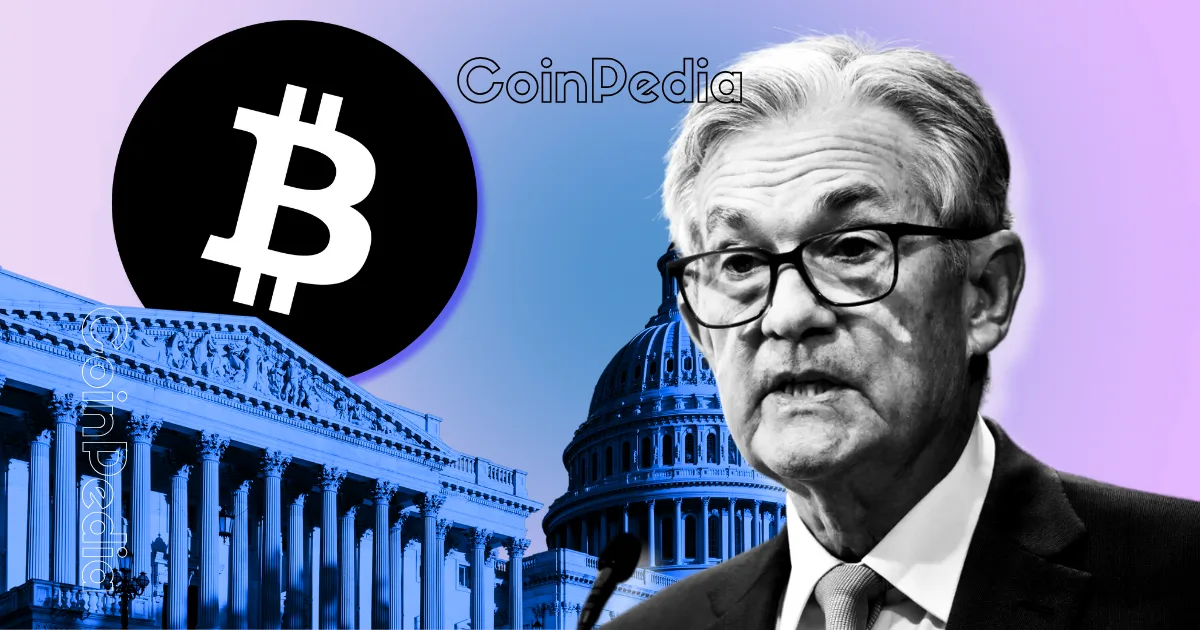- Brazil has proposed groundbreaking legislation to establish a strategic Bitcoin reserve, potentially transforming the nation’s economic approach to digital assets.
- The $3 billion Bitcoin initiative aims to diversify national reserves, with the Central Bank managing acquisitions through secure “cold wallets” and biannual reporting.
Brazil stands on the precipice of a digital financial revolution. A congressional proposal has emerged that could transform the nation’s economic landscape by introducing a strategic Bitcoin reserve, signaling a potentially seismic shift in national monetary policy.
Congressman Eros Biondini has officially unveiled legislation dubbed the Reserva Estratégica Soberana de Bitcoins (RESBit), a visionary blueprint designed to integrate cryptocurrency into Brazil’s national financial framework. With surgical precision, Biondini’s proposal aims to diversify the country’s Treasury and position Brazil at the forefront of digital economic innovation.
In an unprecedented statement that resonates with forward-thinking economic philosophy, Biondini emphasized the strategic significance of this initiative:
The creation of RESBit is a strategic measure that positions Brazil as a leader in the new digital economy, reducing economic risks and expanding opportunities for technological and financial development, […] The approval of this project is essential to guarantee the country’s economic sovereignty and align Brazil with global innovation trends.
Brazil’s Bold Bitcoin Strategy Aims for $3 Billion Holdings
The proposed legislation outlines a methodical approach to Bitcoin acquisition, recommending gradual purchases that would cap at 5% of Brazil’s national reserves. Central Bank of Brazil would shoulder the responsibility of procuring and managing these digital assets, ensuring a controlled and secure integration of cryptocurrency into national financial infrastructure.
Security remains paramount in this ambitious venture. The central bank would store Bitcoin in “cold wallets,” implementing robust protective measures against potential online vulnerabilities. Transparency would be guaranteed through mandatory biannual reports detailing reserve holdings and transaction activities.
Financial analysts project potential Bitcoin holdings could reach up to $3 billion, contingent upon cryptocurrency market valuations. Such a substantial commitment underscores Brazil’s serious engagement with digital asset strategies.
According to Chainanalysis data, Brazil’s cryptocurrency market has already established itself as the world’s 10th largest. Recent months have witnessed a surge in crypto exports and increased stablecoin transactions, with dollar-pegged digital assets accounting for nearly 70% of crypto-related exchanges.
International precedents provide a compelling context for Brazil’s initiative. El Salvador pioneered Bitcoin as a legal tender in 2021, while other nations like Argentina and Morocco demonstrate growing cryptocurrency receptiveness. Emerging economies increasingly view digital assets as potential hedges against economic instability.
Legislative Challenges Stall Crypto Integration Efforts
Despite enthusiastic momentum, significant legislative hurdles remain. Biondini’s proposal must navigate Brazil’s complex legislative process, potentially encountering skepticism from critics wary of cryptocurrency’s inherent volatility.
Comparative international developments offer intriguing parallels. U.S. Senator Cynthia Lummis introduced similar legislation in July 2024, proposing a pathway for Bitcoin integration at federal and state levels. Analysts from Presto Research provocatively declare a “nation-state race for bitcoin ‘landgrab’” has commenced.
Geopolitical dynamics further complicate cryptocurrency adoption. As a BRICS member, Brazil’s potential move could signal broader economic strategy shifts within influential emerging market networks. Central banks worldwide increasingly recognize blockchain technology’s transformative potential.
Peter Chung and Min Jung from Presto Research captured global sentiment succinctly: “Brazil is unlikely to be the last nation heading in this direction.” Their statement encapsulates a growing recognition that cryptocurrency represents more than speculative technology—it’s a fundamental reimagining of national financial architecture.










